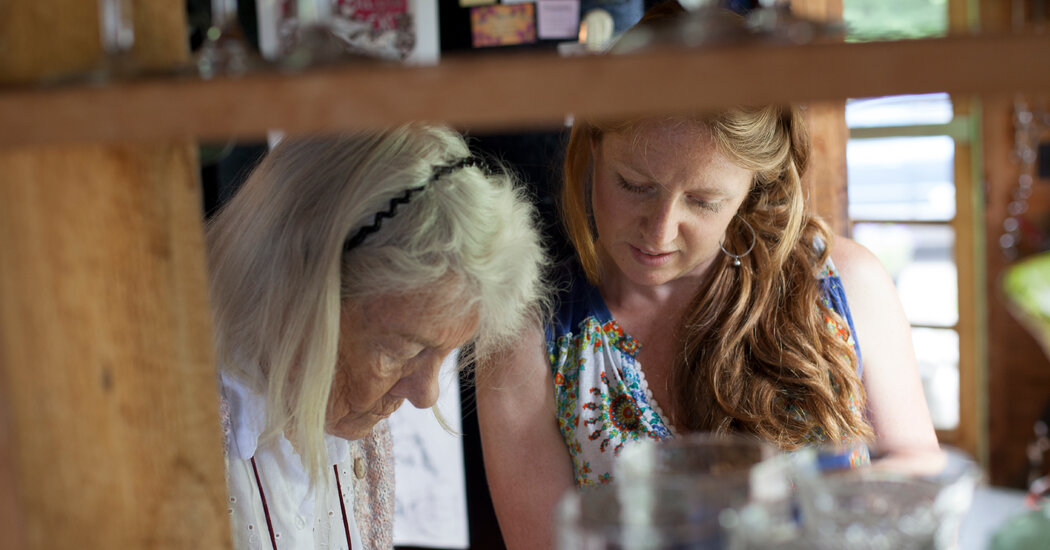The Woman Who Created the Modern Cookbook

Judith Jones edited many literary luminaries — Langston Hughes, Sylvia Plath and John Updike — during her 54 years as editor at the publishing house Alfred A. Knopf. Yet she’s far more famous for discovering an obscure cook named Julia Child. And in the process, she started a cookbook revolution.
Sara B. Franklin’s new biography “The Editor: How Publishing Legend Judith Jones Shaped Culture in America,” chronicles Ms. Jones’s journey from eager, poetry-loving Bennington graduate to one of the most influential cookbook editors in American publishing.
Great editors bring out the best in their authors, nurturing the truest versions of their craft and selves on the page. As Ms. Franklin demonstrates in her deeply researched book, Ms. Jones, who died in 2017 at age 93, fell well into this category. She had an ear for distinct voices — she saved “The Diary of Anne Frank” from a slush pile — and a knack for shaping their stories into best-sellers.
But what Ms. Jones did for cookbooks went beyond this. By holding their prose to the same standards she set for her literary writers, treating recipes as cultural touchstones, and viewing authors as experts with specific and important perspectives, she helped define contemporary cookbook editing. And, by publishing a diverse roster of authors, including Madhur Jaffrey, Irene Kuo and Edna Lewis, she shined a light on cuisines and cooks routinely ignored in an age dominated by white home economists and male French chefs.
“Judith wasn’t just interested in recipes,” said Ms. Jaffrey, who published her first of many books, “An Invitation to Indian Cooking,” with Ms. Jones in 1973. “She was interested in the people behind them and their culture. This was radical for the time.”
